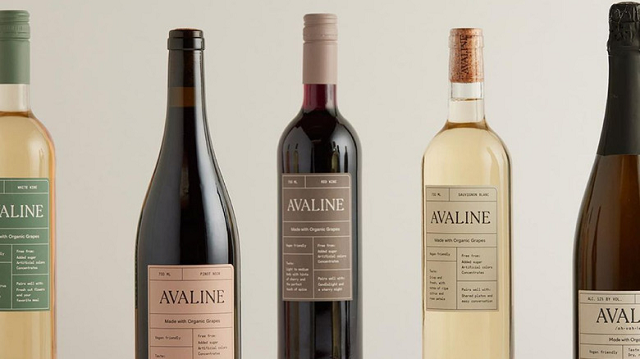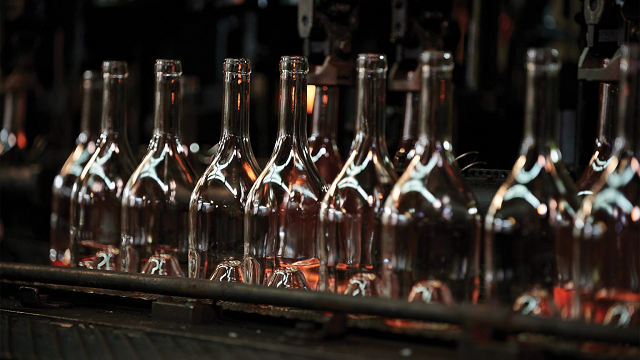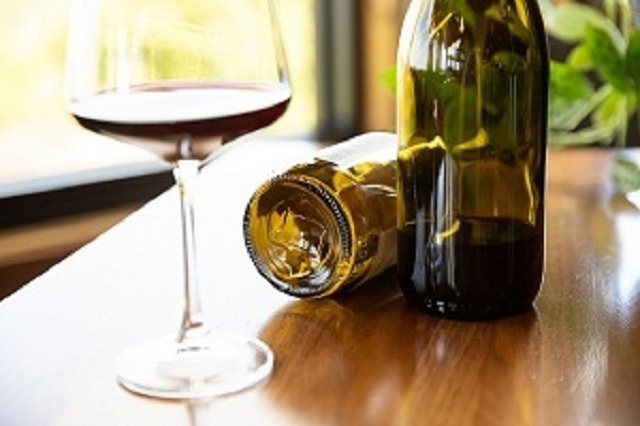Truly Sustainable Wine Bottles
Post time: Aug-01-2024

Wine is arguably the most delicious, oldest, most conscious, and traditional consumer product on the planet. The idea of opening a can, tapping a barrel, or happily opening a boxed wine bottle to celebrate a significant event or even to sip after dinner with friends is enough to excite even the most progressive wine lover.
But drinking from a wine bottle comes at a huge cost to the environment. Half of a wine bottle’s carbon footprint comes from the bottle itself. That’s why research into sustainable wine packaging is ongoing.
Wine bottles themselves are a form of carbon footprint, including the materials consumed to produce the bottle’s glass and the cost of shipping the bottle around the world. While not exhaustive, a large portion of the carbon footprint can be reduced by changing materials, ensuring they are reused rather than thrown away as trash, or reducing the weight of the wine bottle.
The most obvious way to reduce the weight of a bottle is, of course, to change the material it’s made of. This summer, Sonoma’s Ron Rubin Winery launched four plastic wine bottles that weigh 53 grams each, about 85% lighter than a regular wine bottle.
In announcing the launch of these bottles made from recycled PET, the winery also noted that the bottles "produce significantly fewer greenhouse gas emissions" and "require less energy to produce than glass and aluminum bottles," citing a life cycle assessment report from the National PET Container Resource Association, an association for the plastics industry.
However, in addition to sparking all sorts of etiquette warnings about using plastic containers to present and pour wine, the material itself is controversial. In recent years, researchers have released alarming reports that beverages in recycled PET bottles may contain higher concentrations of chemicals than those in new PET bottles.

While plastic bottles win out in terms of weight, some still argue that Glass Wine Bottles have the upper hand—with a slight adjustment. That's because glass bottles have the advantage of being reusable.
Revino is a company that aims to restore the refillable glass bottle ecosystem for beverage producers and consumers. Its co-founder Adam Rack points out that "glass is a monomer and plastic is a polymer," and "if the bottle ends up in the ocean, the glass bottle will break down into sand, while the plastic bottle will end up in the ocean as microplastics. In addition, plastic cannot be recycled indefinitely."
But this is not always the case. In 1900, 100% of beverages in the U.S. were bottled in refillable bottling systems. However, mechanization created the single-use and discard policy that defines our current beverage consumption cycle—as of today, less than 2% of bottled beverages are finished in refillable containers.
To put this in perspective, about 16.2 billion glass bottles and containers were used in the U.S. last year, almost none of which were commercially reused, and less than a third of which were recycled. Because of the mining and transportation of raw materials and the energy required to produce them, glass typically takes thousands of years to decompose in a landfill.
Revino’s service is designed to scale nationwide: The standard 495-gram Revino bottle is designed to be used on mainstream bottling lines and then shipped to wineries, where it is filled and sealed with a cork or screw cap.
Once sold and enjoyed, the bottles can be returned to the winery or one of Revino’s partner locations. After the bottles are collected, they are taken back to Revino’s bottle-washing facility, where they are cleaned, inspected, and tested. The process then continues in a cycle.

“These bottles can be refilled 50 times,” Rack said, adding that once the system is in place, the carbon footprint can be reduced by up to 85 percent compared to single-use bottles. Even if these bottles are only used once or twice, they are made from recycled glass and are so lightweight that they will still work better than most regular wine bottles.
